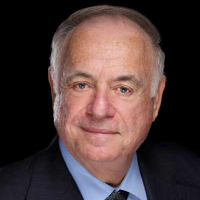Arlington Heights Estate Lawyer, Illinois
Sponsored Law Firm
-
 x
x

Click For More Info:
-
The Michelson Law Office
203 North Lasalle Street Suite 2100 Chicago, IL 60601» view mapBankruptcy, Chapter 7, Chapter 13 Chicago Bankruptcy Lawyer
When your finances are at stake, choose the best. Don't sink deeper in debt. Contact The Michelson Law Office
800-824-6431
Michael V. Favia
✓ VERIFIEDMichael V. Favia is a well respected and connected health law, litigation and licensing attorney with experience from a variety of perspectives. Mi... (more)
Joseph H. Sparacino
✓ VERIFIEDJoseph H. Sparacino is a practicing lawyer in the state of Illinois.
Marshall N. Dickler
Marshall N. Dickler, is a condominium and homeowner association attorney with over 50 years of experience. Based out of Arlington Heights, IL, Attorne... (more)
Jonathan G. Anderson
✓ VERIFIEDAttorney Jon Anderson is a divorce & family law attorney in Schaumburg, IL. He concentrates his practice on child custody, child support, adoption, & ... (more)
Edward D. Siebert
Edward D. Siebert is a licensed Illinois attorney that has experience in estate planning, elder law, real estate and other litigation and corporate ma... (more)
James J. Riebandt
Jay A. Andrew
Karl H. Magnus
FREE CONSULTATION
CONTACT
 Abraham Michelson Chicago, IL
Abraham Michelson Chicago, IL AboutAbraham Michelson
AboutAbraham Michelson Practice AreasServices
Practice AreasServices





